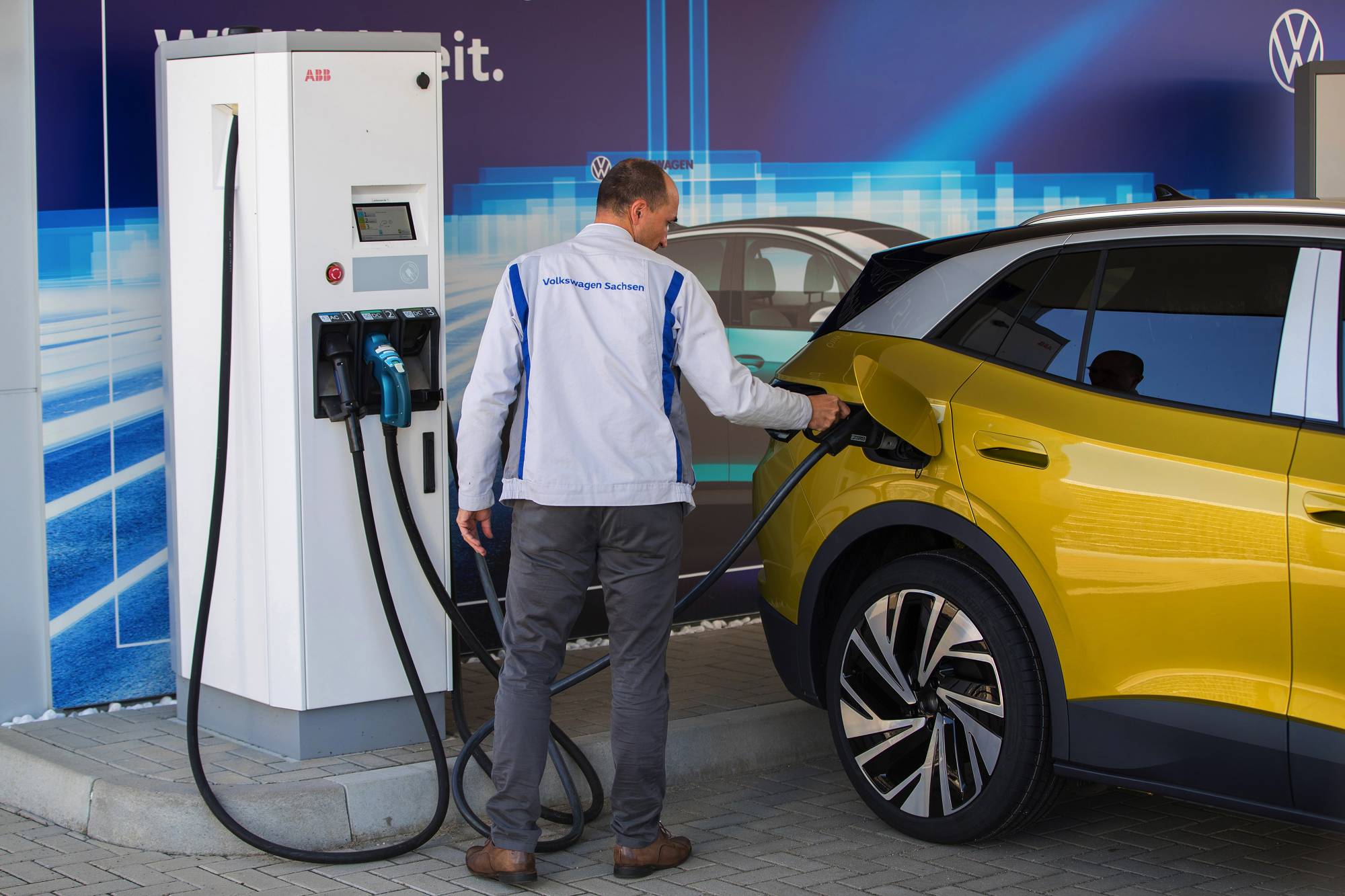In a 2021 remake of “The Graduate” (God forbid), the one word of advice that a family friend would offer Benjamin Braddock will be “batteries,” not “plastic.” While most of us only think about batteries when a mobile phone goes dead or a child’s toy stops, new battery technology will transform our lives and reshape geopolitics in the process.
Batteries were invented over 200 years ago. While essential to most forms of technology, improvements have been incremental although their performance assumed new urgency after the 1970’s Oil Shock when energy prices skyrocketed and safe and effective storage became critical. That moment spurred researchers to find alternatives to fossil fuels, an effort that culminated in the development of the lithium-ion battery, the workhorse that powers virtually all current portable electronics. The 2019 Nobel Prize in Chemistry was awarded to Stanley Whittingham, John Goodenough and Akira Yoshino for their work in this field, with the Nobel Committee noting that “future breakthroughs will undoubtedly lead to further improvements in our lives, not only for our convenience, but also with respect to global and local environments and, ultimately, the sustainability of our entire planet.”
The race to improve battery technology is proceeding on several fronts, the most visible of which is that for electric vehicles (EVs). Only about 17,000 electric cars were on the road in 2010. The International Energy Agency (IEA) estimates that more than 2.1 million electric cars were sold globally last year — a 40 percent increase over the previous year. That’s an impressive jump even though the total number of electric cars worldwide is just 7.2 million, or about 1 percent of the global car stock. In 2016, EVs made up about 2 percent of global vehicles, a percentage that is expected to grow to 22 percent by 2030. (More optimistic forecasts predict that 57 percent of new passenger car sales in 2040 will be electric, and the electric fleet will constitute 30 percent of the total.)



